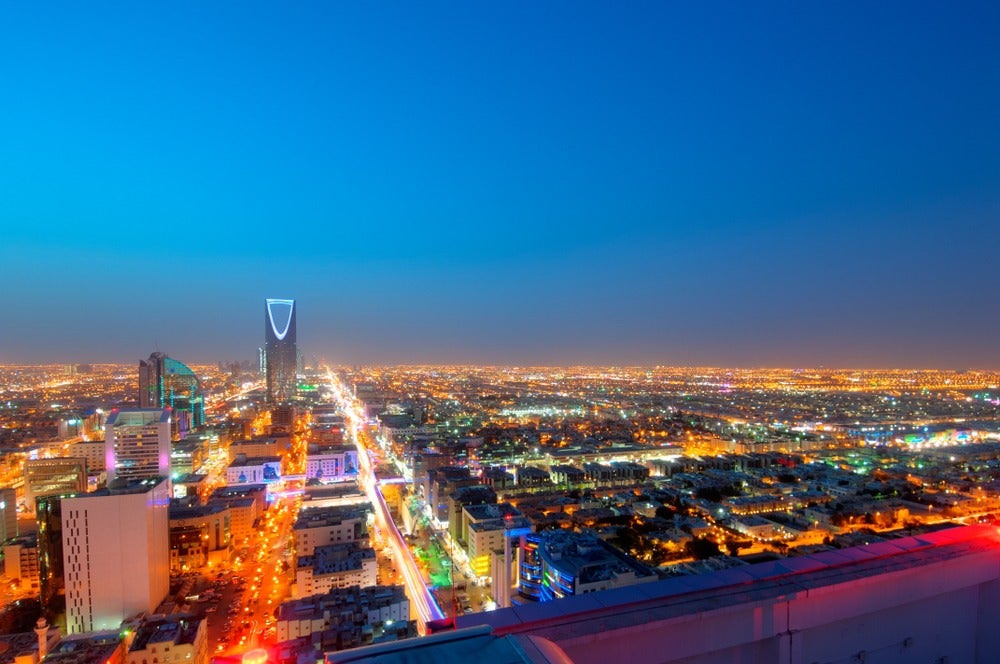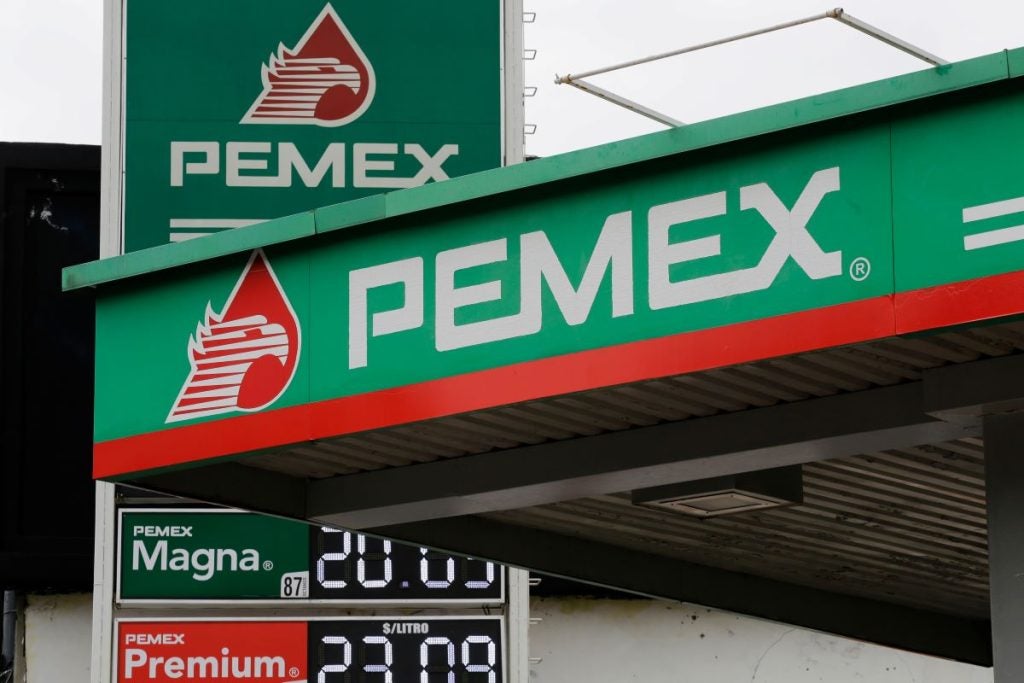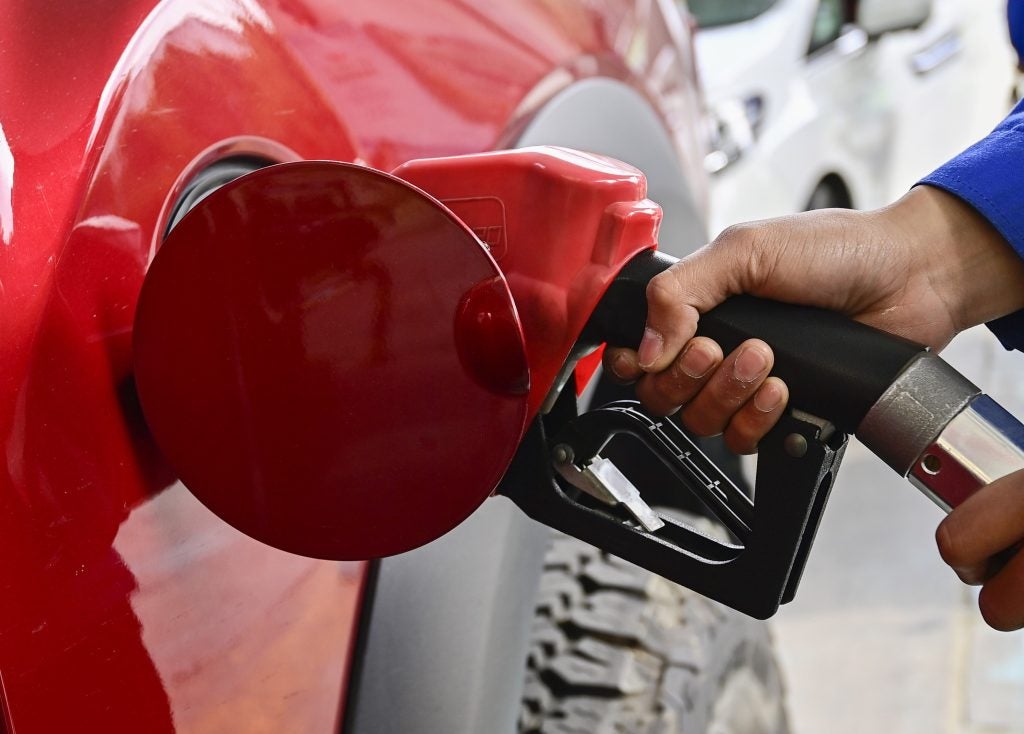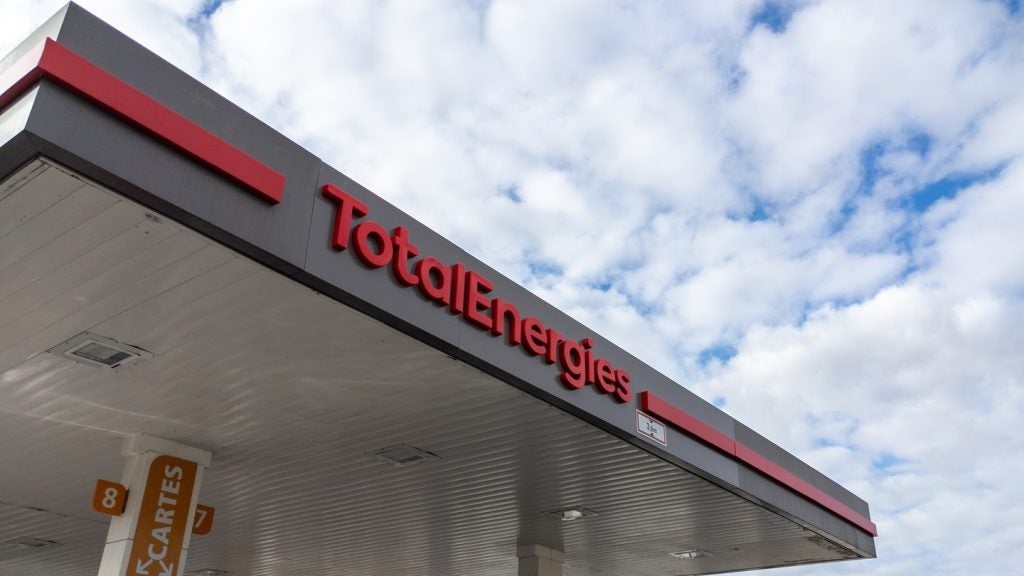Despite the fiscal shock of lower oil prices, Saudi Arabia is showing little reticence with its in-the-red spending.
Saudi Arabia entered the year on the back of a precipitous decline in the price of Brent crude – from a high of $86 a barrel in early October 2018 to a low of close to $50 a barrel in late December – presenting Riyadh with an unwelcome fiscal surprise.
Even stabilised above $60 a barrel, the oil price remains well below the $70 a barrel relied on in the kingdom’s 2019 budget, which without correction will leave it facing a widening rather than contracting fiscal deficit.
This could leave the government facing the choice of either winding capital expenditure back down or increasing its borrowing.
At the same time, reform in the kingdom is facing headwinds, with programmes such as the implementation of VAT, the cutting of energy subsidies and raising of expat work permit fees hurting some segments of the economy – prompting the renewal of compensation schemes by the government.
To date, however, none of this appears to have dented Riyadh’s appetite for ambitious projects and sweeping reform.
How well do you really know your competitors?
Access the most comprehensive Company Profiles on the market, powered by GlobalData. Save hours of research. Gain competitive edge.

Thank you!
Your download email will arrive shortly
Not ready to buy yet? Download a free sample
We are confident about the unique quality of our Company Profiles. However, we want you to make the most beneficial decision for your business, so we offer a free sample that you can download by submitting the below form
By GlobalDataPower, water and energy sectors
In the power sector, the government has renewed its commitment to the roll-out of renewables with a new target for the delivery of 58.7GW of clean energy by 2030, 70 per cent of which is due to be developed under the newly empowered Public Investment Fund.
And in the water sector, the drive towards independent water plants continues amid a rising prevalence of public-private partnerships on both desalination and wastewater schemes.
The mood is positive in the energy sector too, with Saudi Aramco confirming its reserves in a third-party audit and laying out plans to ramp up its domestic gas production.
Downstream, the oil giant is also looking to spread its wings through ongoing discussions with partners around the globe.
Investment and ‘giga-projects’
Meanwhile, under the National Industrial Development and Logistics Programme, the kingdom aims to attract $450bn in investment through to 2030 across transport and industry – not least through the direct investment of $36bn in transport-related projects to develop inter-connectivity within the country.
New opportunities also exist in construction as the kingdom’s new ‘giga-projects’ get up to speed.
Opportunities evidently abound in all sectors for those companies capable of the change and poised to position themselves as willing enablers of Riyadh’s ever-evolving objectives.
MEED
This article is sourced from Offshore Technology sister publication www.meed.com, a leading source of high-value business intelligence and economic analysis about the Middle East and North Africa. To access more MEED content register for the 30-day Free Guest User Programme. https://www.meed.com/registration/










Related Company Profiles
Brent
Offshore Technology Corp
Saudi Aramco (Inactive)